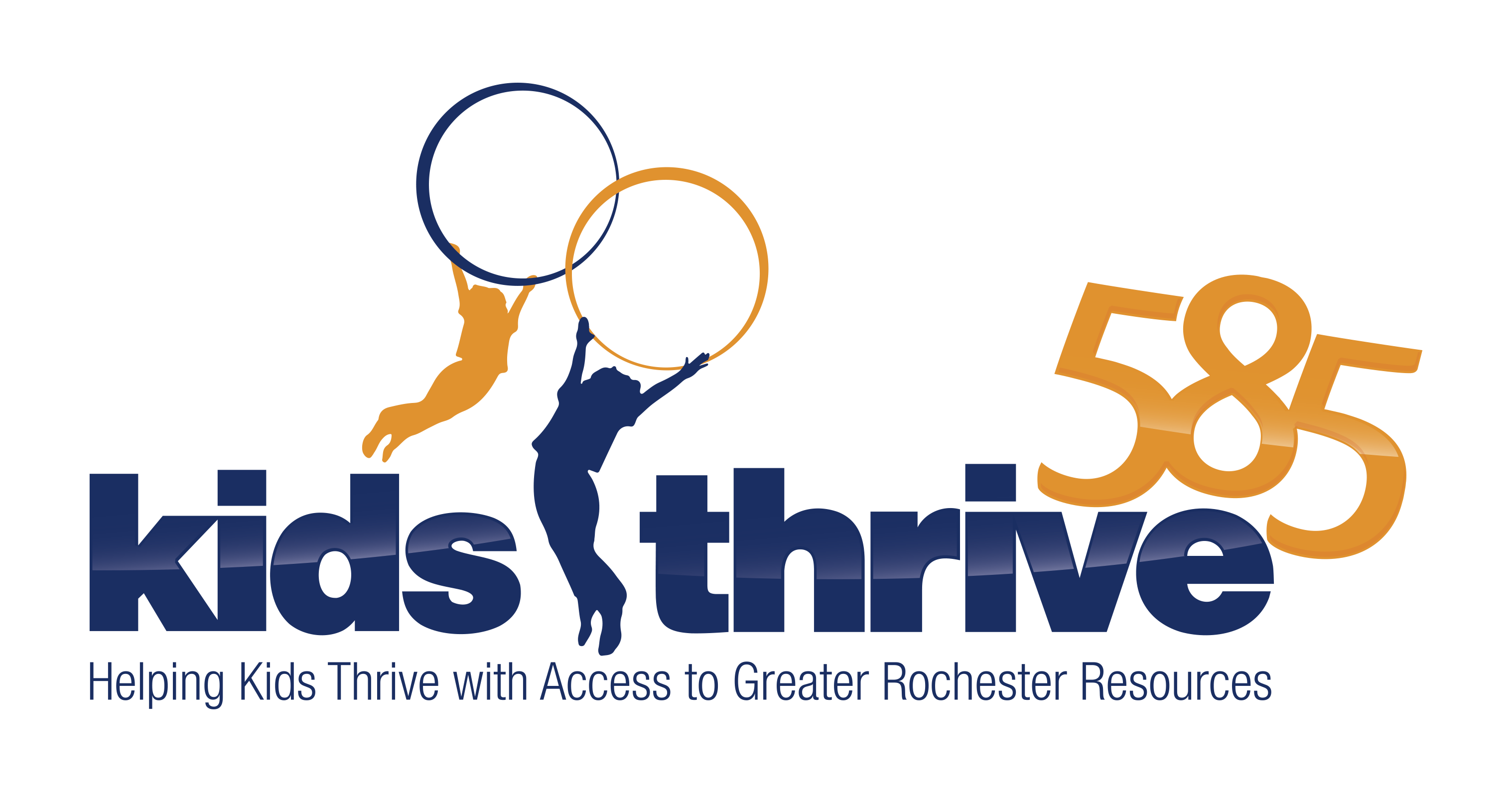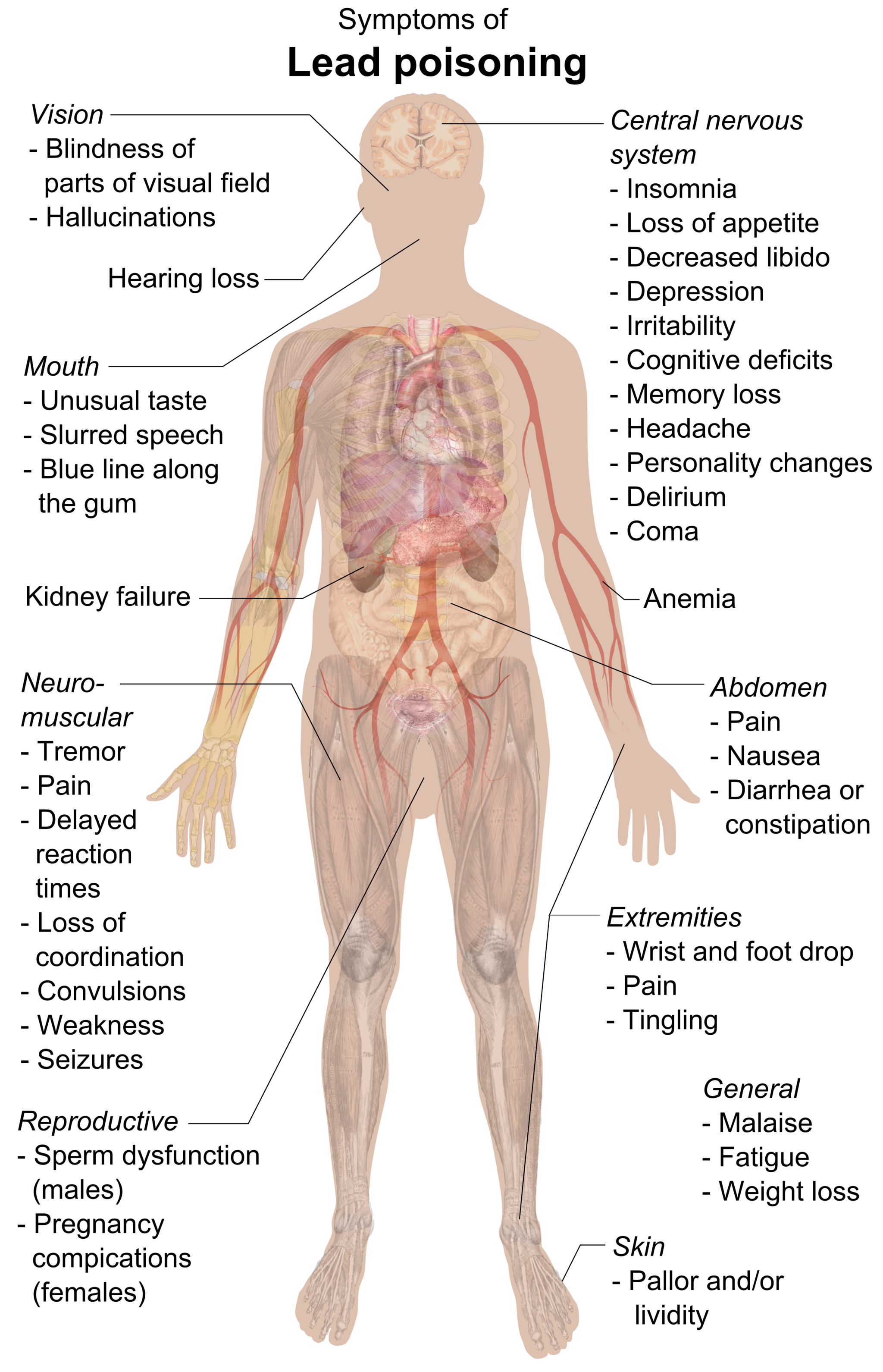Coalition to Prevent Lead Poisoning
Located in Rochester, NY the Coalition to Prevent Lead Poisoning is a non-profit organization of community members who share the following conviction: Childhood lead poisoning can and must end.
Their mission is: “to provide leadership and advocacy to empower the community and its residents to prevent the lead poisoning of children by creating an environment that is free of lead hazards, facilitates the creation of a system that protects children, creates jobs, and enhances property values.”
Information for parents.
Information for educators.
Information for health care providers.
Information for child care.
Information for property owners.
Website: http://letsmakeleadhistory.org/default.aspx
Elizabeth McDade, Program Manager
email: emcdade@theleadcoalition.org
Rochester Office of WNY Lead Poisoning Resource Center
Toll Free: (877) 352-5775
The Rochester Office of the Western NY Lead Poisoning Resource Center is supported by the NYS Department of Health.
Information on the services available through the Western NY Lead Poisoning Resource Center and many of the facts on this page are courtesy of their website: www.golisano.urmc.edu/lead-poisoning
Services Include:
- Education and support to medical providers and local health departments within the region. The center works to improve lead testing and provide education and prevention activities.
- Consultation with medical providers and local health department staff on cases of lead poisoning
- Provision of lead poisoning prevention information and materials to medical providers and the public
Important Facts About Lead
- Lead is found in many places – old paint, dust, soil, some toys/jewelry/spices from other countries, etc.
- Our bodies have no good use for lead, it is poison and it takes the place of important nutrients: iron, calcium, zinc.
- Small amounts of lead can do lasting damage to babies and young children and symptoms may not be obvious.
- A blood test is the only way to find out how much lead someone may have been exposed to.
- For extreme cases, chelation therapy helps lower the blood lead level, but it does not reduce the harm already done.
- There is no cure; the only way to avoid lead poisoning is to minimize contact with lead hazards.
- More facts from Wikipedia
Symptoms of Lead Poisoning
Image By: Mikael Häggström (Own work) [CC0], via Wikimedia Commons
We Can Prevent Lead Poisoning
While progress has been made in reducing lead poisoning, lead still remains in our environment. Children are especially at risk of life-long damage due to lead exposure. We can work together to protect future generations from this toxin.
Take Action!
- Make sure children are tested at ages 1 & 2
- Be aware of possible lead hazards in or near any buildings built before 1978
- Use lead-safe practices when renovating, repairing, or painting a building built before 1978
- If you are pregnant be sure to get tested for lead, avoid doing renovations yourself, make sure people doing renovations are EPA certified and use lead safe work practices, and test for lead dust when renovation is complete
- If your child has been exposed to lead, it is important to:
- Prevent further exposure. Contact the Monroe County Health Department – lead poisoning program for further advice.
- Evaluate diet and correct nutritional deficiencies, especially in iron, calcium, zinc, and vitamins C, D, and E.
- Be aware of potential attention, learning, and behavior management needs, and seek appropriate services. Younger children (less than three years old) may qualify for a referral to Early Intervention Services. Parents can request an evaluation by their school district’s Committee on Preschool Special Education for children 3 years of age and older who are not yet in school and may need additional support. Children enrolled in school would be referred to the school district’s Committee on Special Education should specific needs arise.
Contact the office via telephone: (877) 352-5775
Get more information from WNYLPRC Facebook page
Mailing Address:
Western New York Lead Poisoning Resource Center
Department of Pediatrics
Division of General Pediatrics
University of Rochester Medical Center
601 Elmwood Avenue, Box 777
Rochester NY 14642
Finger Lakes Children’s Environmental Health Center (FLCEHC)
To reach us, call our phone line: (585) 275-3638. Toll-free (844) 352-3420 or (844) FLCEHC-0.
The Finger Lakes Children’s Environmental Health Center is based at the University of Rochester Medical Center and is supported by New York State Department of Health.
We are available to answer any questions and to do free consultations regarding environmental health concerns that you or your family may have. We are also a resource for health care providers.
- Environmental health hazards include physical hazards and toxic substances that can enter our bodies through the air or through food or water. They can have many negative effects on physical, mental, and emotional health.
We can answer questions about specific environmental or toxic exposures, including, but not limited to:
- Asbestos
- Asthma Triggers
- Chemicals and Poisons
- Indoor Air Quality Issues
- Metals – Lead, Cadmium, Mercury, Arsenic
- Mold
- Occupational Exposures
- Pesticides
- Physical Safety
- Climate Change Impacts on Health
- Questions about COVID-19
We offer free phone consultations to health care providers and families to answer their questions about environmental health concerns (such as those noted above). We also have free resources on COVID-19 and on maintaining a healthy home.
To reach us, call our phone line: (585) 275-3638. Toll-free (844) 352-3420 or (844) FLCEHC-0.
Our center, which serves a 15 county region but is based in Monroe County, is connected with the UR Lactation Study Center (585-276 MILK) and Mother2Baby, and we are available to answer questions related to medication usage or toxic exposures in pregnancy and while breastfeeding.
The Finger Lakes Children’s Environmental Health Center is connected to a network of 7 other Childrens’ Environmental Health Centers in New York State, and we are able to direct you to other community resources to answer environmental health concerns.
Website: www.golisano.urmc.edu/FLCEHC
Mailing Address:
Finger Lakes Children’s Environmental Health Center
Golisano Children’s Hospital at Strong
Division of General Pediatrics
University of Rochester Medical Center
601 Elmwood Avenue, Box 777
Rochester NY 14642


